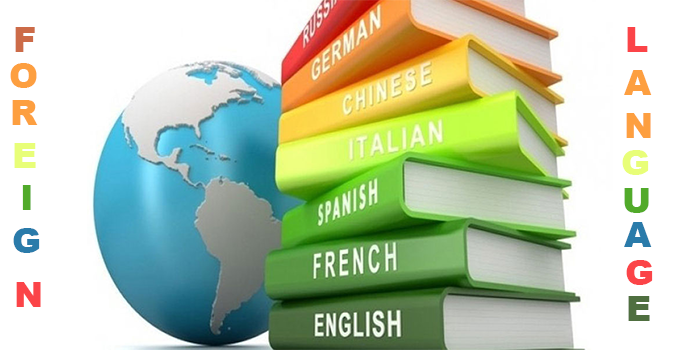
The term foreign language usually refers to a language that is not spoken in the native country of the speaker. It can also refer to a language that is not the primary language of the speaker. The most common foreign languages in the United States are Spanish, French, and German.
Importance of Foreign Language
Foreign language is an important tool for communication and cultural exchange. It can help to bridge the communication gap between different cultures and nations. It can help to promote understanding and peace among nations. It is also important for business, as it can help to open doors to new markets and increase trade opportunities. Additionally, foreign language is a valuable skill to have in the job market, as it can help one stand out among other job applicants. Knowing a foreign language can also open up job opportunities in fields such as diplomacy and international relations. Finally, foreign language can be an enjoyable and rewarding hobby, allowing one to explore other cultures, literature, and film.
Purpose of Foreign Language
The purpose of learning a foreign language is to be able to communicate with people from other cultures and countries. Learning a foreign language can also open up job opportunities, improve cognitive skills, and help you understand other cultures better. It can also help you travel more easily, as knowing a foreign language can make it easier to interact with locals and make the most out of your trip.
How To Find Tution and Teacher For Foreign Language
1. Ask Around: Start by asking friends, family, and colleagues if they know of any tutors in the area or online who specialize in the language you’re interested in.
2. Use an Online Tutoring Platform: Online tutoring platforms like Chegg Tutors, Tutor.com, and iTalki are a great way to find tutors for any foreign language.
3. Check Language Schools: Many language schools offer private tutoring services for a variety of languages. Contact local language schools to inquire about tutoring options.
4. Look for Online Forums: Online forums for language learners, such as My Language Exchange, are a great place to find experienced tutors.
5. Contact Language Associations: Language associations in your area may be able to provide you with contact information for experienced language tutors.
Topic That Cover in Foreign Language
1. The History of Language Learning
2. Common Mistakes in Foreign Language Learning
3. Tools and Strategies for Learning a Foreign Language
4. Cross–cultural Communication
5. The Benefits of Learning a Foreign Language
6. Cultural Aspects of Language Learning
7. Language Learning for Travel
8. Technology and Language Learning
9. The Power of Language
10. Understanding Language Structure and Syntax






